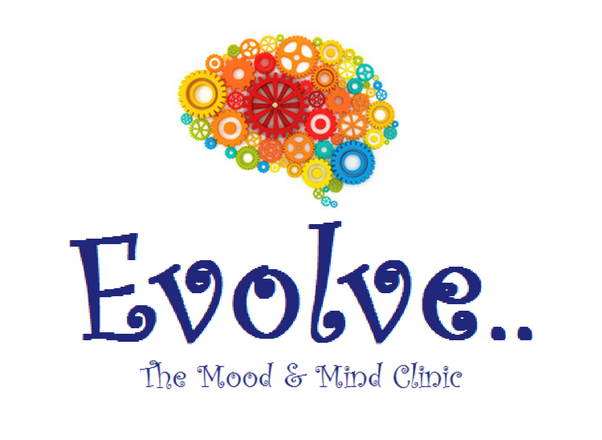Fitness routines are hard to maintain regardless of your age. But as priorities shift and physical abilities and interests often wane, it’s common for seniors to do even less—even though activity is still important.
What are the key benefits of exercise, when you’re not working toward a physical goal or worried about your body image as much?
No matter how you look, quality of life is important to all of us. Independence is a huge contributor to that! “Healthy” to a 40-year-old sometimes just means looking younger than 40. But “healthy” to an 80-year-old means comfortably doing their own grocery shopping, cooking, and laundry.
What key fitness areas should people focus on as they age?
Strength and cardiovascular training are certainly important, as stronger muscles, hearts, and lungs make moving easier. Many seniors, however, neglect reactive (aka. power/explosive) training. Grandpa may think, “I don’t need to move that weight or even this arm quickly. I’m in no rush these days.” But what if Grandpa is pushing three-year-old Jr. on the swing, and Jr. slips? Grandpa would want a healthy, trained nervous system to react quickly enough for him to catch Jr.!
Playing catch with a light weight ball of different sizes is a good place to start. Once comfortable, the “coach” can toss the ball further away from the senior’s location to make them dart for it just a step or two. Or they could try to “fake out” the senior and really make them work to get to the ball in time!
Standing with your eyes closed or standing on unstable surfaces, like pillows, also is great balance practice and can prevent broken bones caused by avoidable slips, trips, and falls.
Is there anything seniors should totally avoid?
Of course, your doctor knows best, and your medical history. So consult him or her before taking on too much. Seniors who have been sedentary for a long time should start simply and progress slowly. Physicians may recommend certain patients avoid certain exercises, but there’s nothing that “all seniors” should avoid just because of their age.
Is anyone ever too old to exercise?
Never! Exercise is any activity that poses a deliberate physical challenge the body can adapt to over time. If you get out of breath walking up the steps, then climbing stairs is exercise, and the only way to get better at it is to establish routine practice!
How do you recommend approaching a conversation with a loved one, if you’re worried about their health or inactivity?
Each person’s motivation is different. If your loved one has grandkids, helping them to visualize how much more they could do with those kids and how much longer they’ll be around for those kids can motivate many seniors to become the best version of themselves they can be!
If your loved one is always waiting for help to do laundry or go grocery shopping, ask them if they would feel relieved being able to do those things on their own, at any time, without needing to tell someone and get on their schedule.
You can also simply let them know how much they mean to you and how much you want them in your life for as long as possible. Because of you, your loved one may start watching those I Love Lucy reruns from a treadmill or elliptical instead of from the couch.
Are there ways to help even if you don’t want to formally address it?
Absolutely. Ask them to join you for “your” walk/hike/swim. Offer to help with cooking, errands or other chores, but make a point of including them. Ask them to babysit your child or pet (if they’re reasonably capable of doing so), or help with your own errands. Or incorporate small, easy activities within already planned gatherings to encourage movement. And of course, you could invite them to join your gym! It’s a great way to stay connected and help each other.
What are some good first steps or exercises to try at the gym?
Take your loved one to the gym for a fitness assessment together! Pick just two exercises to show (or to have the trainer show) your loved one each 1-4 weeks, depending on their progress. Learning two new movements at a time can make a sedentary senior feel very successful, which would make them gym somewhere he/she wants to go!
Start with cardio machines or strength machines that work larger muscle groups, like the back and legs. A Senior Fit class or Zumba Gold class are low impact and social, so some classes like that are also recommended for seniors.
How does nutrition tie in to seniors’ overall health?
Nutrition to your body is like fuel to your car, except cars are easier to replace! We should all eat when we’re hungry, and stop when we’re satisfied. Balance colorful vegetables with lean meats, nuts, whole grains, fruits, and an occasional treat. For people of all ages, appetite can increase with activity, so active seniors are more likely to want to consume more food (and healthy fuel) than their sedentary counterparts.
What do you wish seniors knew about fitness and aging?
People (not just seniors) can become easily overwhelmed thinking of what they already do versus what they “should” do. So many don’t start an exercise program because they fear they’ll never look/feel/do what they want anyway. My advice would be to look ahead in baby steps. Can you do more than you did last month? Or is the same level easier for you to do this month than it was last month? If so, then you’re on the right track! That track is measurable to its starting point, because the finish line is always changing.

